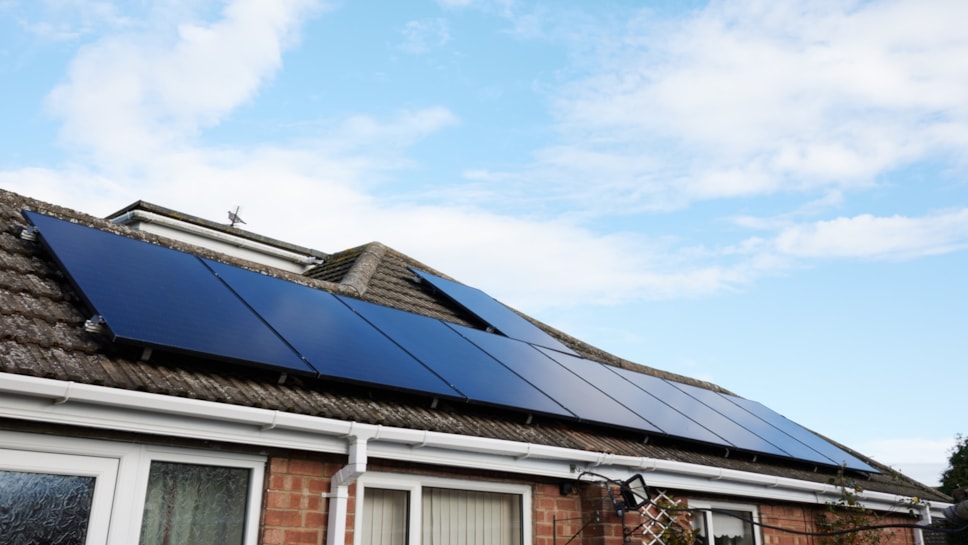
Pioneering zero-emission deliveries: how we're using electric SUVs to transport solar
We're setting a new benchmark for sustainable deliveries, with a ground-breaking electric vehicle relay to bring solar panels to customers' homes - cutting carbon even before we make it up on the roof!
Across the country, in a first-of-its-kind trial, we’re using an interconnected network of electric vehicles towing aerodynamically designed pods to transport and deliver solar panels to customers’ homes ready for installation - and by reducing both miles and engine emissions we're making the journey cleaner than before, delivering carbon savings even before we've made it up on the roof.
Installing more and more solar panels on our homes is a clear win for the environment – and remains the top choice for generating energy at home - but delivering these panels to customers doors has until now mostly relied on conventional-fuel powered vehicles. So there’s a real opportunity here to make the entire journey, from factory to rooftop, greener and more sustainable.
Together with our solar wholesale partner Segen and AI logistics company POSTX we’ve been pioneering an initiative where electric vehicles provide an emission-free delivery, at no extra cost to the customer. Using a zero-carbon logistics model, the electric vehicles allow us to deliver our solar and storage solutions to multiple customer locations, with a relay style delivery for longer journeys where the trailers are passed to the next vehicle in the network chain.
Since the trial began at the start of last summer, 500 solar and storage deliveries have been made, covering more than 75,000 miles in delivery distances. That means to date we've avoided between 75,500kg and 129,500kg of CO2 going into the atmosphere, compared to a traditional fossil fuel powered delivery (the specific number depends on the size of the lorry we could have otherwise used).
With over 1.8 million solar installs across the UK and, more than 23,000 installations in June 2025 alone, Government data shows the momentum for home solar is increasing. Meaning scaling up projects like this initiative to a national level has the potential to save thousands of tonnes of carbon as the uptake of home solar installation grows.
What’s more, electric vehicles through this scheme will soon be also collecting packaging waste, pallets, and other materials on their return journeys. This logistical approach supports the recovery, reuse, and recycling of materials that would otherwise be discarded – helping to close the packaging loop and reduce environmental impact.
By working together, we’re setting a new standard for sustainable logistics in the renewable energy sector. The results speak for themselves, not only winning Partnership of the Year at last year's National Sustainability Awards, but also shortlisted for both the Circular and Recycling Product Award and the Sustainable Packaging Award at this year’s event.

